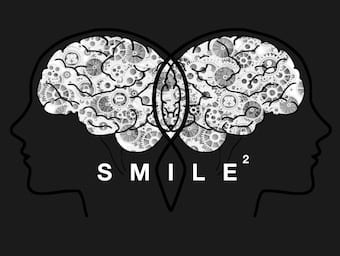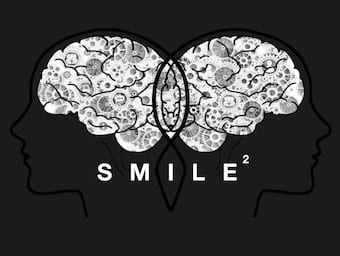
Clinical debriefing
Clinical debriefing refers to learning conversations that occur soon after clinical events and involve the frontline workers that took part in patient care.
SMILE2 is a collection of pages featuring overviews of important and interesting topics relevant to clinical education, improving the performance of healthcare individuals and organisations, and improving the outcomes of patient care.

Clinical debriefing refers to learning conversations that occur soon after clinical events and involve the frontline workers that took part in patient care.

An overview of psychological safety and simulation, including: pre-conditions, explicit and implicit strategies, and how to manage breaches in psychological safety.

Review of the different motivations for vaccine “hesitancy” or “refusal” with discussion on vaccination hesitancy in the model of a new syndrome

I, like a lot of you, have witnessed bullying and stood by, afraid to speak out. ACEM have a working party to investigate the prevalence of discrimination, bullying and sexual harassment.

A guide to simulation scenario design for clinicians involved in simulation-based education.

Teaching practical procedures on the shop floor, the five stage approach to SETT UP for success

A friend of mine killed himself recently. This is a call to arms. As a profession it’s time for us to wake up to this problem, and to act.

If only I knew my camshaft from my timing belt then I might even be ready for a career change...

Dr Clare Skinner shares a Christmas tale and insights on working with the Emergency Department Admitting Officer.

“The best advice I can give you is to just swallow. Don’t spit it out, don’t complain. Just swallow” Advice from Anonymous PGY3 Junior Doctor I always thought career suicide would consist of something more dramatic. Stealing drugs from the…

Debbie Chalmers implores us to look for signs of physician burnout in ourselves and in others, to build resilience and focus on well being and to 'speak up'.

Referring Patients to an admitting team from the emergency department. This is a crucial part of the job of an emergency doctor, yet formal training on this skill is almost non-existent.